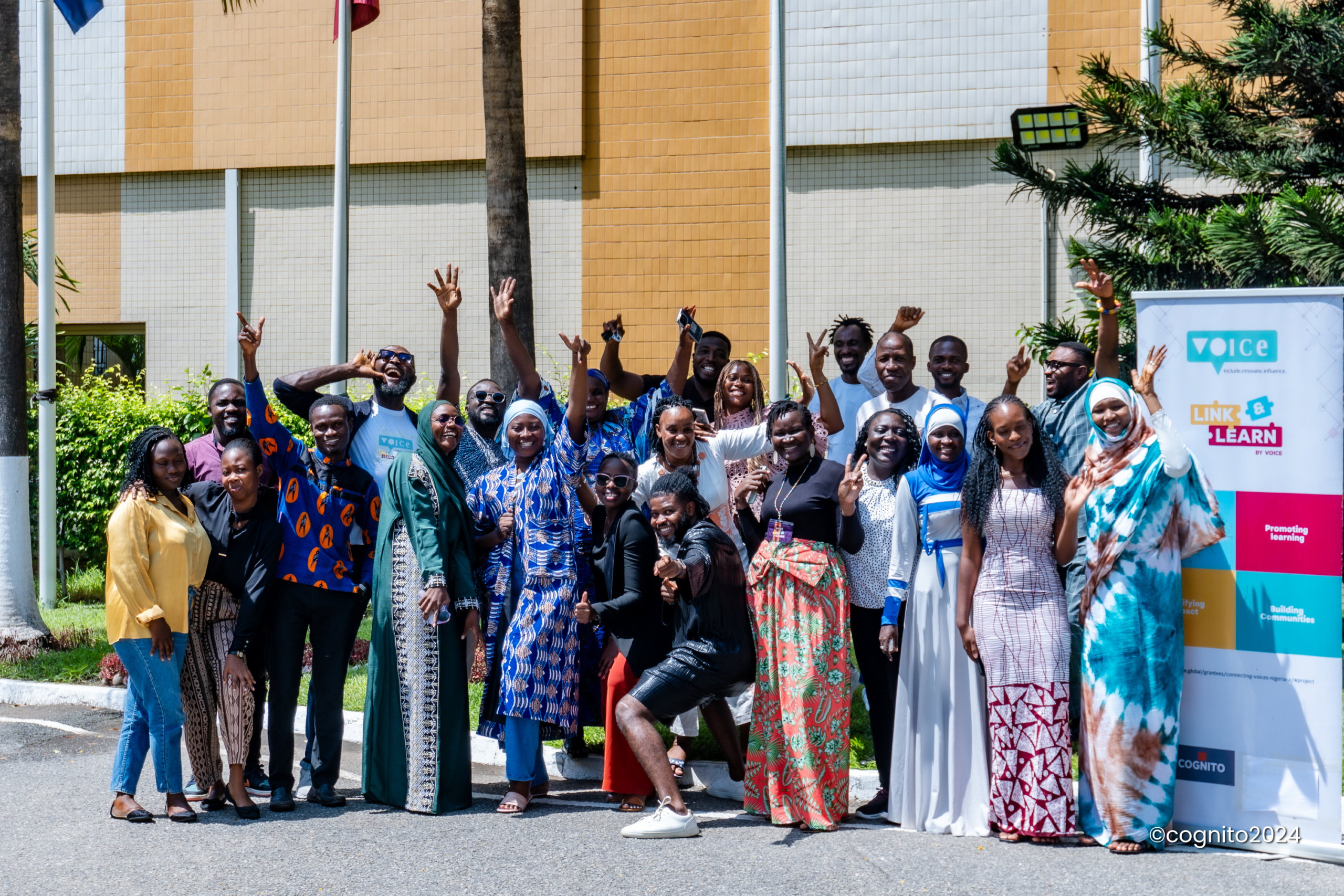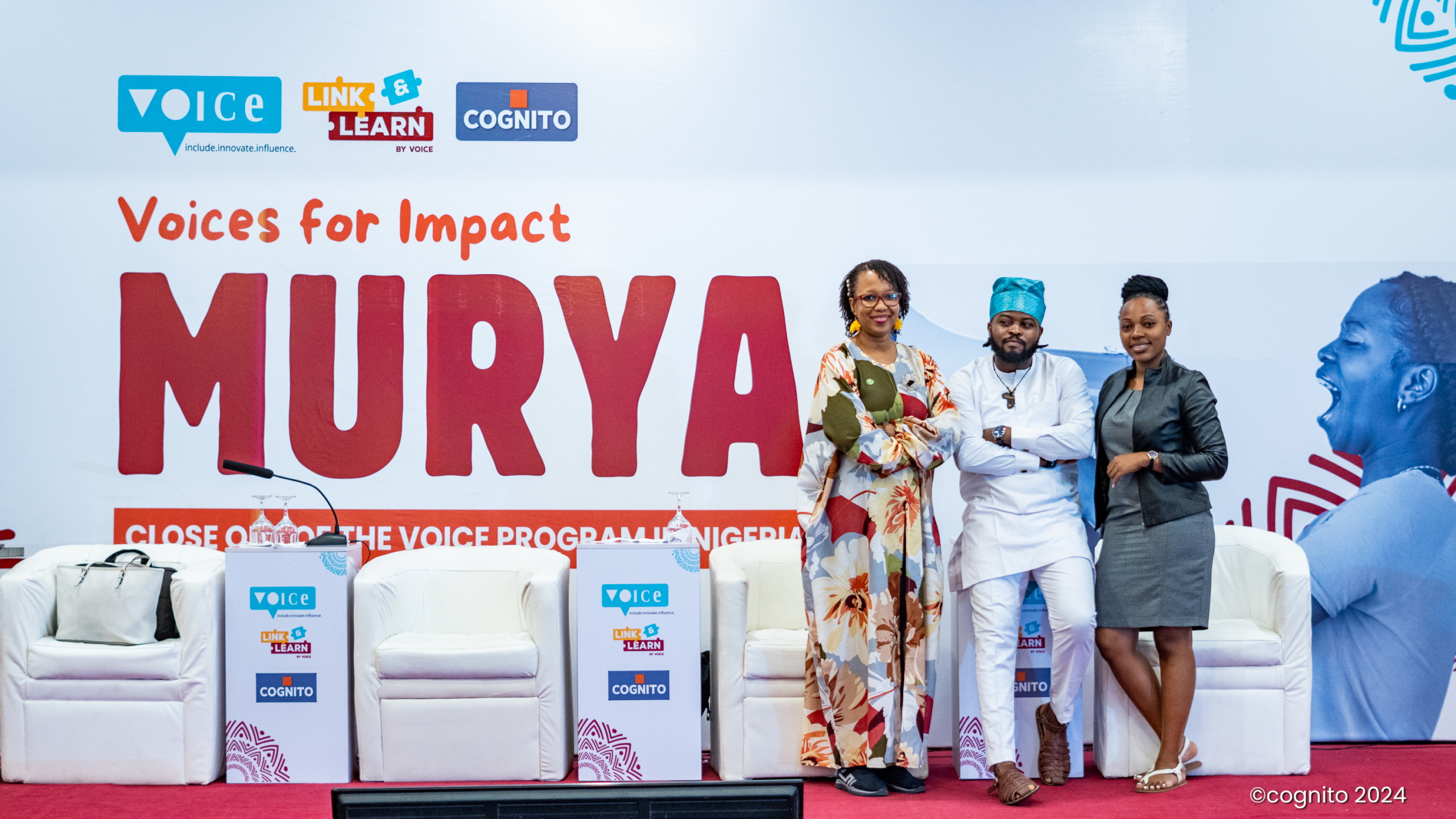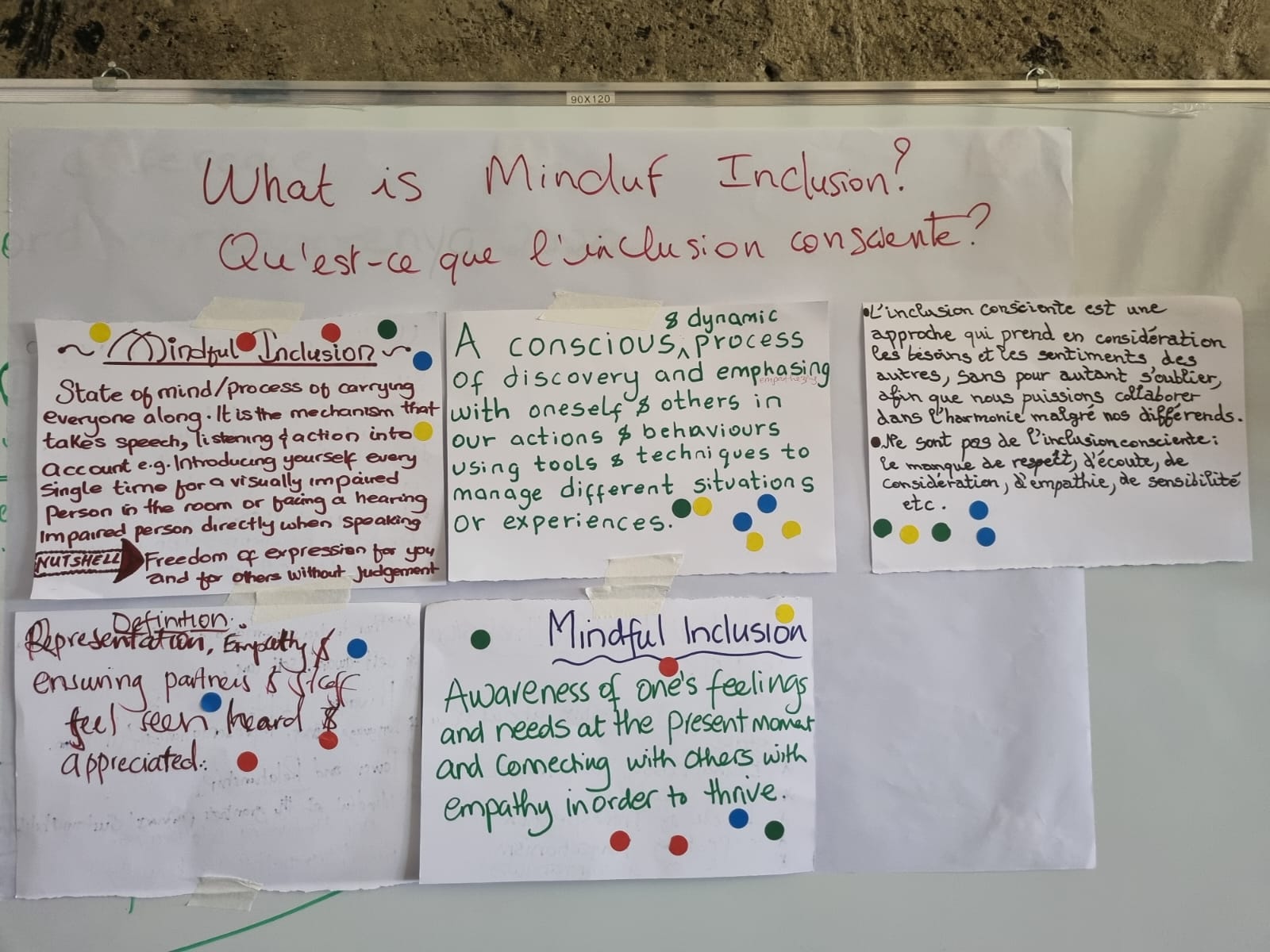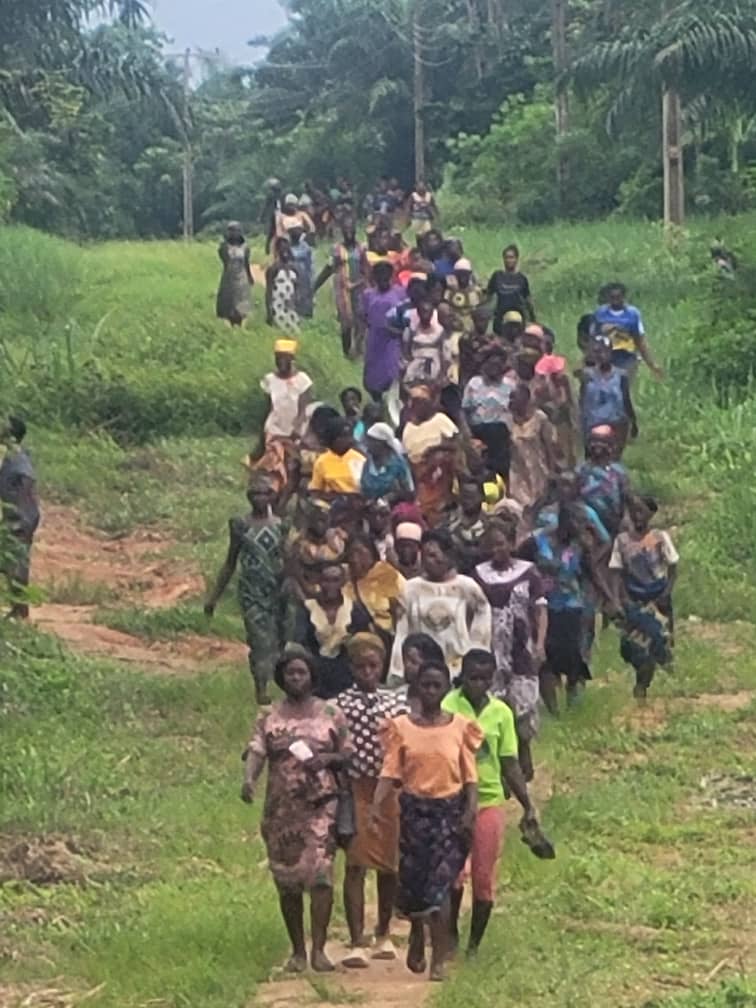Wise Caring or Caring for the Wise?
Elderly care during Covid-19
By Nneka Acholonu Egbuna, Assistant Programme Coordinator at Dewdrop Foundation, Innovate and Learn grantee, Nigeria.
The current situation
The coronavirus is the worst public health crisis to have hit the world in a century. Elderly people are more susceptible to the virus than any other age group. Medical experts have maintained that older adults are at significant risk because of many ailments commonly associated with ageing. Statistics from the World Health Organisation (WHO) show that 95% of COVID-19 deaths are among persons aged 60 and above and more than 50% deaths globally occur in persons aged 80 and above.
By the second week of May 2020, data from the Nigeria National Centre for Disease Control (NACA) on the ‘Current Breakdown on COVID-19 in Nigeria by Age, Gender and Deaths’, showed that at least 44 deaths were recorded across the country for persons aged 0-50 years whereas not less than 90 people had died among those aged 51 and above.
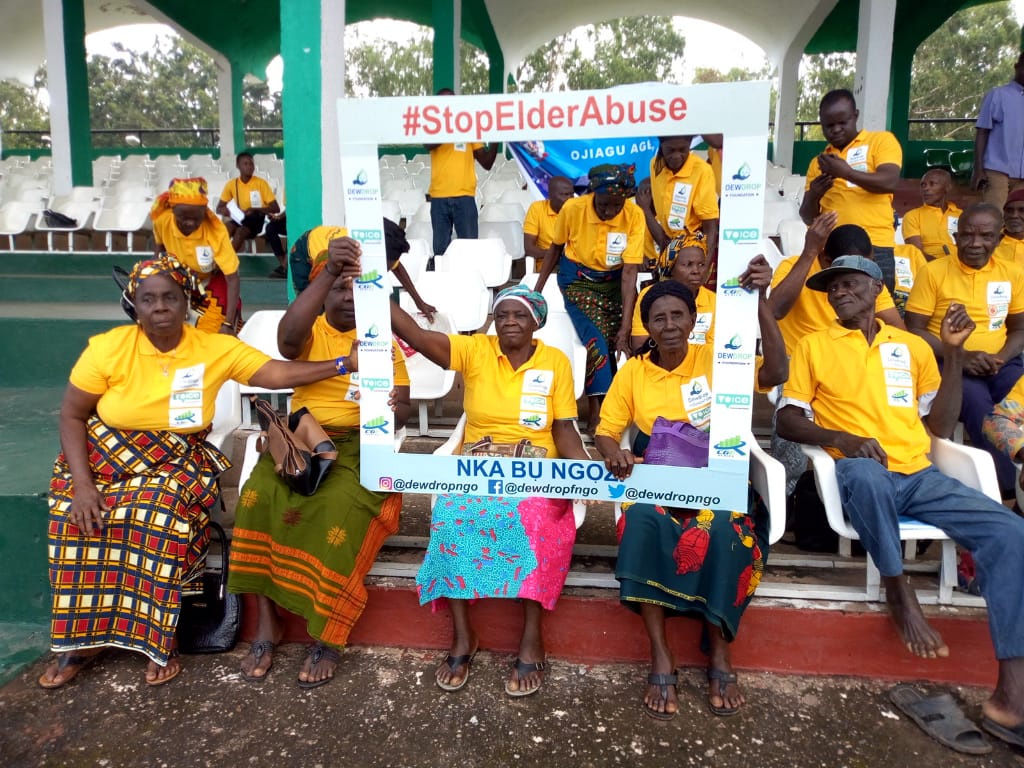
COVID -19 and the elderly in Nigeria
Many elderly persons in rural communities were not fully informed about the pandemic and how they could protect themselves. “I thought it was a curse from God to destroy everybody!” said one elderly woman who is part of the Stop Elderly Abuse project. This project is being implemented by Dewdrop Foundation and Centre for Gender Economics Africa, supported by a Voice innovate and learn grant.
Before the nationwide lockdown caused by the COVID 19 pandemic, Dewdrop foundation was engaging around 900 elders from eleven communities in Enugu State, who are fondly called Seenagers i.e. Senior Teenagers or persons aged 60 years and above. We engaged them in social activities through safe spaces called Seenagers Associations where they discussed issues of concern to them as part of their mental well-being. As they say, sharing is caring!
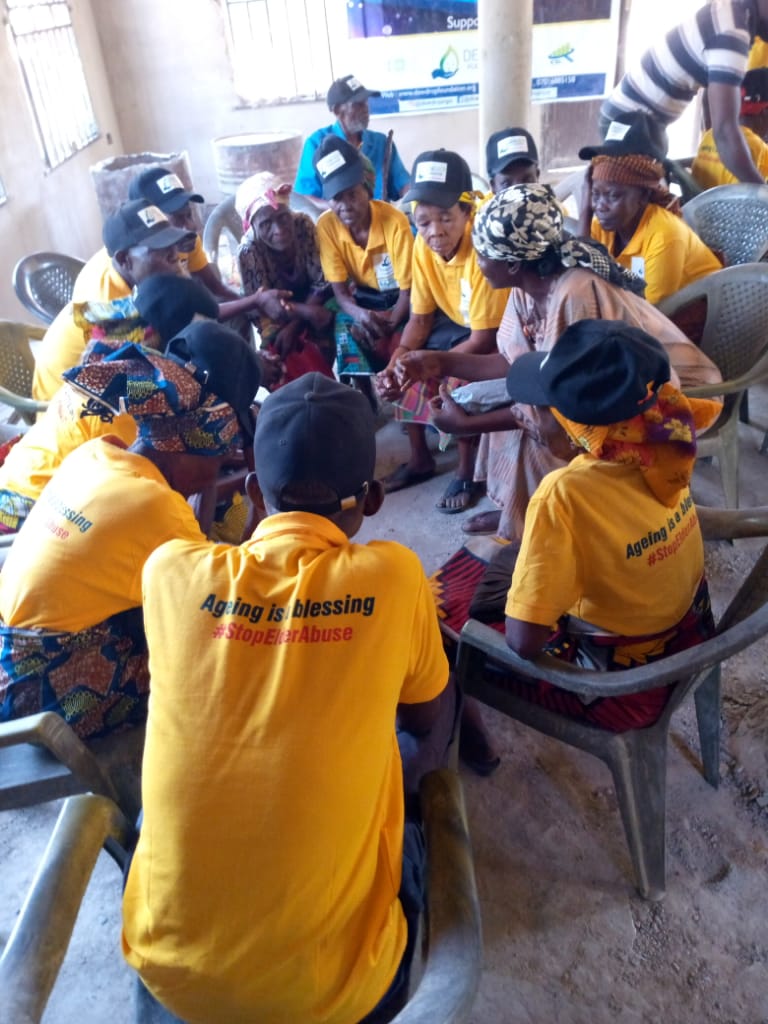
The meetings also helped reintegrate the elders into their communities as valued members which in turn restores their dignity, hope, and confidence. Among these elders are men and women who have survived various forms of abuse – physical, sexual, psychological and financial abuse in the hands of their family members, domestic workers, caregivers, neighbours, strangers and friends. Their monthly Seenagers’ meetings were opportunities for them to mingle with their mates and receive some health-related attention. Unfortunately, these meetings can no longer continue and many of the elders have expressed their sadness.
Suzanna, one of the Seenagers aged 75, who can no longer go out to socialise with her peers said, “I am not happy that the meetings cannot continue for the time being. I always looked forward to them because they gave us so much joy and we felt like human beings again. Our voices were being heard and it gave us dignity because many young people of these days have no respect for the elders.”
Managing the situation
Although social activities are among the best ways to stimulate the mental health of the elderly, doctors have advised minimum interaction, especially with elderly people during this COVID-19 pandemic, as a way of protecting them from infection. Some geriatric doctors have advised that the best way to maintain contact with the elderly is through technology. While this suggestion may suit a few elders with internet access, the bigger questions remain;
- How can the health messages be passed on to illiterate or semi-literate aged men and women in the hard-to-reach communities and villages?
- How do they receive adequate care in these uncertain times?
We are currently utilising innovative ways to sensitise elderly persons, and their caregivers, in Enugu State on safety and preventive measures. However, we cannot achieve this alone.We feel that all aid and assistance being provided in the rural and urban areas by development workers, caregivers, family members and the State or Federal Governments, should take into account the various needs of the elderly, who in most cases, are left out of development plans when crises erupt.

